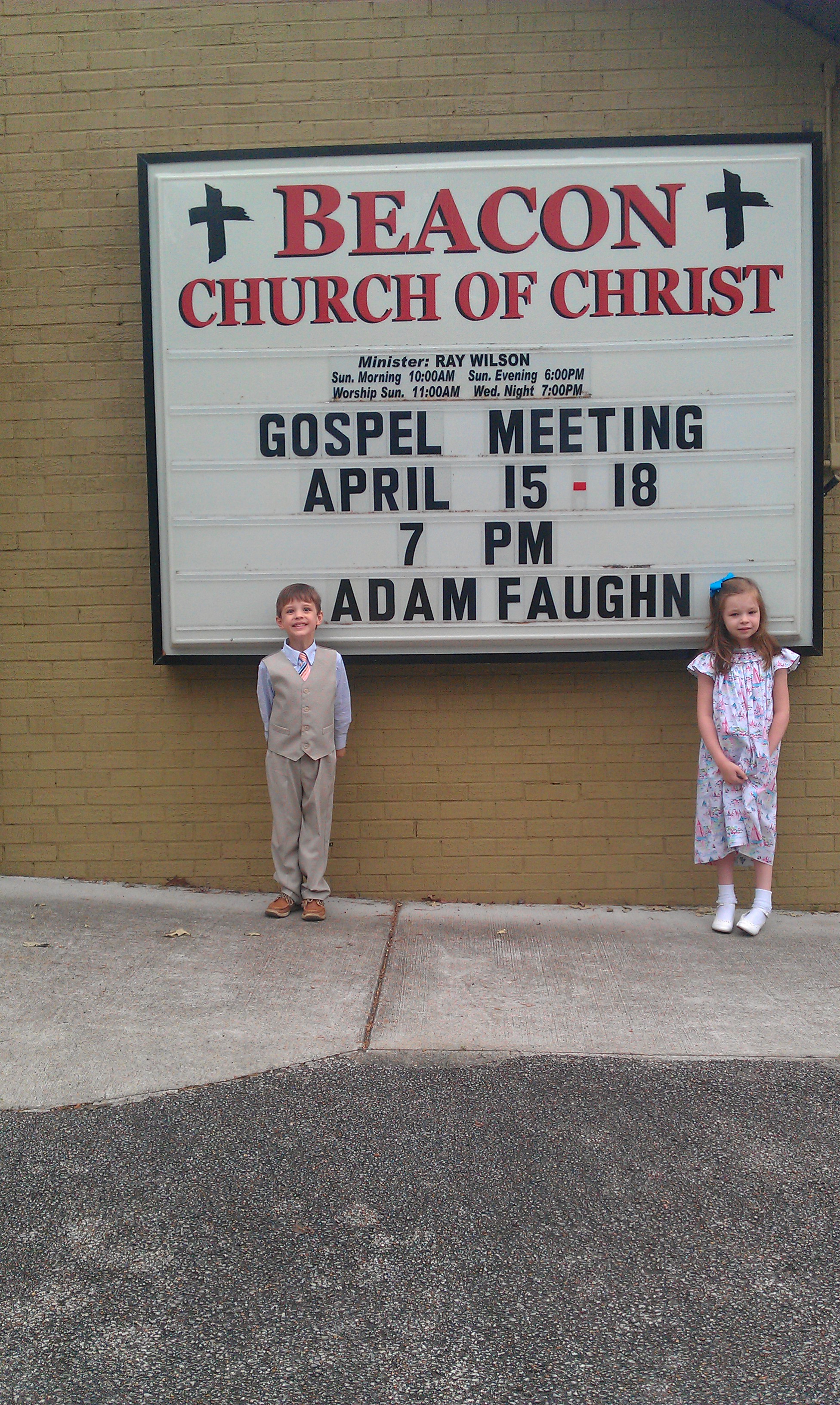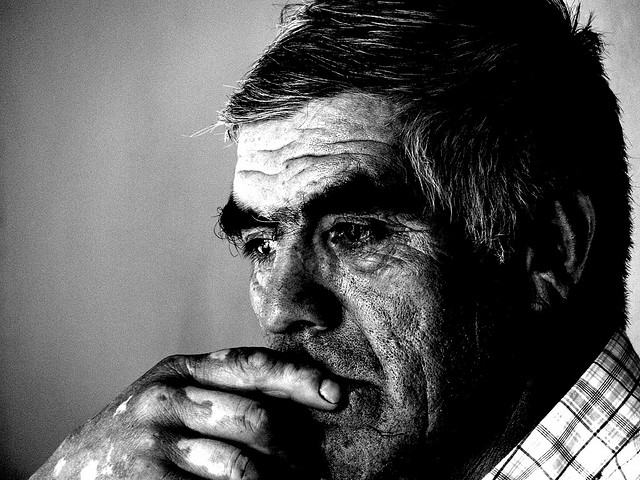Has the Church Forgotten Why It Exists?

Over sixty years ago Thomas Wedel wrote about a life-saving station:
“On dangerous seacoast where shipwrecks often occur, there was once a little life-saving station. The building was primitive, and there was just one boat, but the members of the life-saving station were committed and kept a constant watch over the sea. When a ship went down, they unselfishly went out day or night to save the lost. Because so many lives were saved by that station, it became famous. Consequently, many people wanted to be associated with the station to give their time, talent, and money to support its important work. New boats were bought, new crews were recruited, a formal training session was offered. As the membership in the life-saving station grew, some of the members became unhappy that the building was so primitive and that the equipment was so outdated. They wanted a better place to welcome the survivors pulled from the sea. So they replaced the emergency cots with beds and put better furniture in the enlarged and newly decorated building.
Now the life-saving station became a popular gathering place for its members. They met regularly and when they did, it was apparent how they loved one another. They greeted each other, hugged each other, and shared with one another the events that had been going on in their lives. But fewer members were now interested in going to sea on life-saving missions; so they hired lifeboat crews to do this for them. About this time, a large ship was wrecked off of the coast, and the hired crews brought into the life-saving station boatloads of cold, wet, dirty, sick, and half-drowned people. Some of them had black skin, and some had yellow skin. Some could speak English well, and some could hardly speak it at all. Some were first-class cabin passengers of the ship, and some were the deck hands. The beautiful meeting place became a place of chaos. The plush carpets got dirty. Some of the exquisite furniture got scratched. So the property committee immediately had a shower built outside the house where the victims of shipwreck could be cleaned up before coming inside.
At the next meeting there was rift in the membership. Most of the members wanted to stop the club’s life-saving activities, for they were unpleasant and a hindrance to the normal fellowship of the members. Other members insisted that life-saving was their primary purpose and pointed out that they were still called a life-saving station. But they were finally voted down and told that if they wanted to save the lives of all those various kinds of people who would be shipwrecked, they could begin their own life-saving station down the coast. And do you know what? That is what they did.
As the years passed, the new station experienced the same changes that had occurred in the old. It evolved into a place to meet regularly for fellowship, for committee meetings, and for special training sessions about their mission, but few went out to the drowning people. The drowning people were no longer welcomed in that new life-saving station. So another life-saving station was founded further down the coast. History continued to repeat itself. And if you visit that seacoast today, you will find a number of adequate meeting places with ample parking and plush carpeting. Shipwrecks are frequent in those waters, but most of the people drown.”
I think we all understand that this was written so we could take a good hard look at the church. We will not forget our purpose. We will retain a heart for souls. We will not only answer every S.O.S., but we will go out into the highways and the hedges and bring in people for the feast that the Lord is providing!
Ask yourself if the church where you attend is still a life-saving station. Ask yourself if it still wants to be a life-saving station. Ask yourself if you want to volunteer your blood, sweat, and tears at a life-saving station. If the answer to any of these question is no, then you have forgotten why the church exists.
The greatest love God could show for mankind involved His Son on a cross. The greatest love mankind could show for God is to be so moved by that cross that every soul would know about it. God was willing to let His Son die – but not in vain. He expected the kingdom that is the church to be a lighthouse – a life-saving station that would declare the message of that cross to a lost and dying world.
To Recieve Every Article from A Legacy of Faith through Email for Free, Click Here
AUTHOR: Jeremiah Tatum


